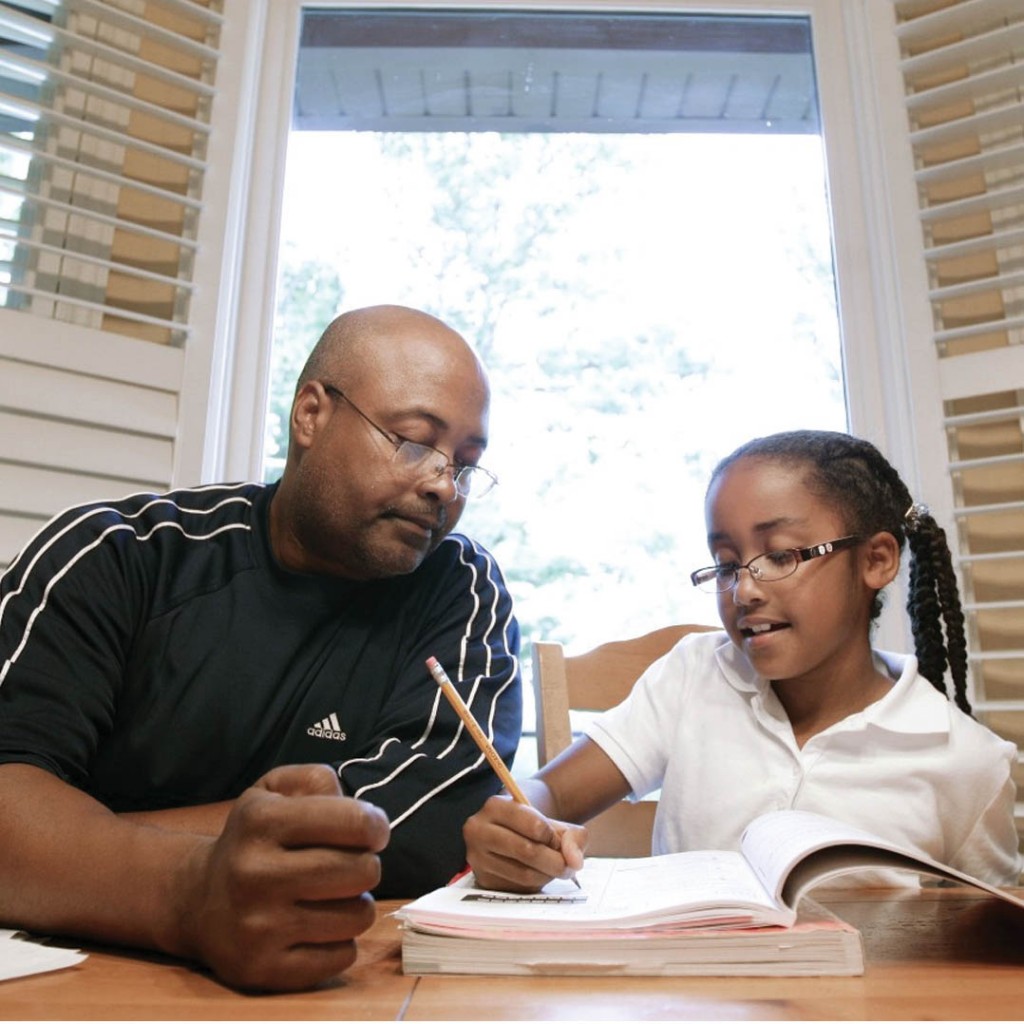By Diane Danois, J.D., Family Law Mediator/Parenting Coordinator/Divorce Coach, Parkland/Coral Springs.
As we approach the new school year, some of us look forward to the routines of homework, after-school sports and other extracurricular activities bringing structure and productivity to our children’s’ lives. For others, we must interact more closely with our former spouses, leading to co-parenting disputes involving our shared children. “He’s not doing homework when they’re at his house,” “She won’t let the kids do after-school sports,” and “I don’t want his new wife coming to parent-teacher conferences,” are all potential battlegrounds for divorced parents. These arguments create tremendous discord for our kids, who often feel caught in the middle of the conflict as explained by attorneys helping with child custody in Newport Beach. Statistically speaking, children living with high-conflict divorced or divorcing parents develop significant emotional disorders ranging from acting out in school to substance abuse or worse.
According to a child custody lawyer, to successfully avoid the abyss of co-parenting arguments, get ahead of the disputes by designing, implementing, and agreeing to comply with a detailed and customized Parenting Plan. It provides all parents (biological and step parents) the specific terms and conditions under which they are to operate, leaving no room for “innocent” confusion or misunderstanding. Hot topic issues to consider before the school year starts are:
1. Homework. Who will be responsible for making sure that classroom assignments are properly completed and handed-in? Who is available to work on research projects that span across multiple weeks? Perhaps design this by subject matter (Mom helps with Math, Dad helps with English). Or maybe Mom will work with one child, while Dad works with the other. There is no “correct” answer but a well-designed Parenting Plan identifies roles and responsibilities so that academic performances don’t suffer. There are lawyers for divorce in Boca that one can talk to and get the necessary legal help needed in case of family matters.
2. After-school activities and sports. Consider the necessary logistics of your child’s participation in after-school activities or sports before making any promises that may or may not be able to be fulfilled. Will this unduly burden one parent, negatively affect time-sharing or prevent adequate time for homework? Are there safety and/or financial considerations?
3. Religious education. An area ripe for disagreement and bad behavior (of the parents), whether your prior marriage was inter-faith or you disagree on the role of religion in your child’s education, remember the importance of consistency and structure. Using religion as an opportunity to hurt your former spouse can confuse your child. Both parents need to be respectful when discussing their religious views, and determine an appropriate path for their child to experience religion with both parents.
4. Parent-Teacher Conferences. Most teachers are now accustomed to meeting with divorced parents separately or in the uncomfortable “group” meeting. The tension is mostly between the parents, and is often palpable. “Will he even show up? Is he going to dare to bring ‘her’ along to our child’s meeting?” Remember that the purpose of these meetings is for the benefit of your child. Plan ahead and devise an appropriate strategy. Perhaps Mom will go to all meetings relating to her son, and Dad will go to all meetings relating to his daughter. Perhaps they will go to all meetings together. Agree to an arrangement so that there are no surprises or uncomfortable moments.
Your family dynamic is an evolution. The Parenting Plan designed four years ago when your children were in elementary school may not work very well when they are in middle or high school. Time-sharing agreements requiring an exchange of the children at 7:00 p.m. on a Friday night may seem absurd, when your 16 year-old is heading out the door with friends at 6:30 p.m. Try to establish aligned goals and expectations with each other for your children to maintain consistency between households. Your Parenting Plan should always evolve along with your family. It is to everyone’s benefit to continually modify it, as needed.
Diane L. Danois
Florida Supreme Court Certified Family Law Mediator, Parenting Coordinator,
and Co-Parenting & Divorce Coach
Legal Strategy Services, LLC
11555 Heron Bay Boulevard Suite #206 Coral Springs, Florida 33076
(954) 850-1429 (cell)
Email: diane@dianedanois.com
Website: www.dianedanois.com

